In recent years, gin has become one of the most fashionable drinks in Spain and other parts of the world. Its consumption has been increasing due to multiple factors, but mainly due to the large number of new variants coming onto the market and the rise in finding new flavours that encourage more palatable concoctions and easy-to-drink cocktails. What was originally a fairly strict Juniper berry affair in terms of flavour characteristics is now widening the spectrum and inviting all sorts of fruits to the party: Orange Gin, Cherry Gin, Strawbery Gin the list is now endless.
As a result, this popular drink has seen its presence increase both in bars and other places to the point of standing up to other spirits that were more consolidated in Spanish society. Spain is a country where beer and wine triumph unrivalled over other types of drinks, although it is increasingly common to find people who prefer to drink a gin and tonic even when they are not out partying or at a festive celebration.
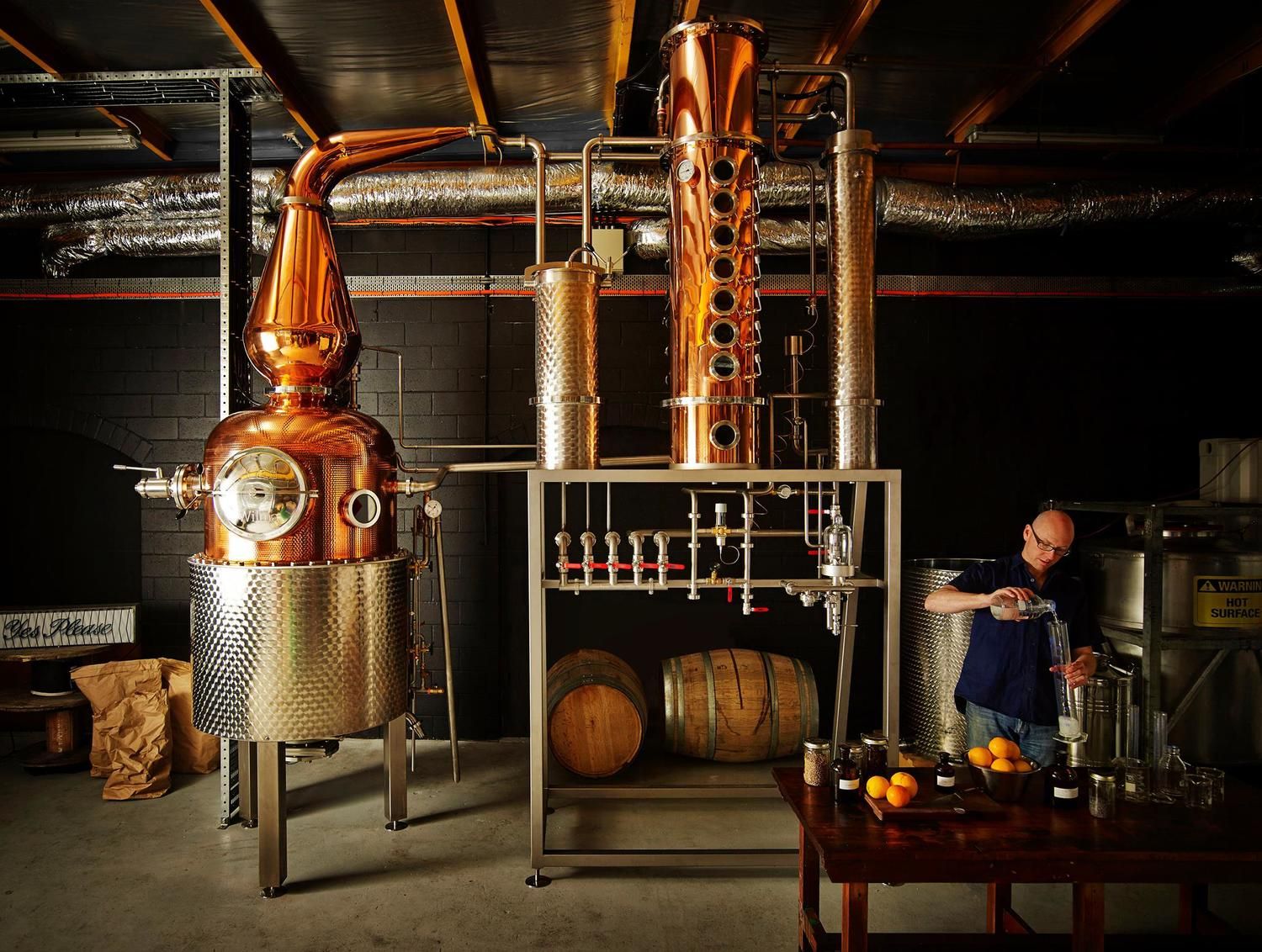
The origin of this alcoholic beverage dates back to the Middle Ages although it has evolved considerably. A Dutch physician who went by the name of Franciscus Sylvius is thought to be the ‘inventor’ of gin having started prescribing a juniper-based distilled spirit for medicinal purposes in 1550.
The English first got their hands on the spirit while fighting Spain in Holland during the Thirty Years’ War, where they drank it to calm their nerves before going into battle. Yes, that’s right. Gin is the original ‘Dutch Courage’. And, when the soldiers returned home, they took their newly-found favourite spirit with them, of course, and they never looked back.
After the Worshipful Company of Distillers was formed by King Charles I in 1638, which gave members a monopoly on the distilling trade within 21 miles of London and Westminster, it was clear that London would play a special role in the history of gin. However, we owe the real tradition of London Gin, as well as Britain's attachment to it, to yet another Dutchman.
And that’s the Dutch king William III – better known as William of Orange – who took to the throne in England and Ireland on 22 January 1689 and introduced the traditionally Dutch drink to his subjects. The era became known as the Glorious Revolution, and it was during this time that London became the epicentre of gin’s popularity. Now Spain is starting to become a serious player in the world of Gin distillation and is becoming one of the most sold spirits in the country quickly catching up with Whisky.
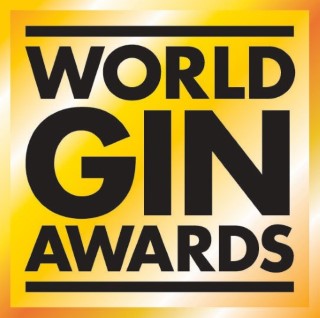 Such is the importance and popularity of gin that every year a prestigious contest is held to find the best in the world. The World Gin Awards choose a series of winning brands and draw up a list that serves as a reference for experts in the sector.
Such is the importance and popularity of gin that every year a prestigious contest is held to find the best in the world. The World Gin Awards choose a series of winning brands and draw up a list that serves as a reference for experts in the sector.
The organization of the contest thus chooses winners in different categories that are then measured against each other to win the final prize. Spain has different brands specialized in this drink and this 2022 up to seven have been chosen as the best of their variety and will fight for the world throne.
The final overall winner and the final list will be released on February 24, although Spain may be celebrating due to the great representation it will have. Up to seven national gins have been selected, a milestone in Spanish production.
Extremadura is one of the congratulatory places due to its gin production. The Spirito Vetton brand has achieved that two of its products, Extra Dry and Cherry have been selected for the section of contemporary style and seasoned gin respectively.
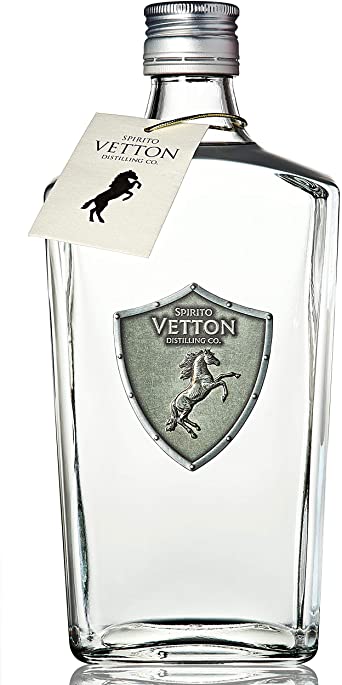 .
. 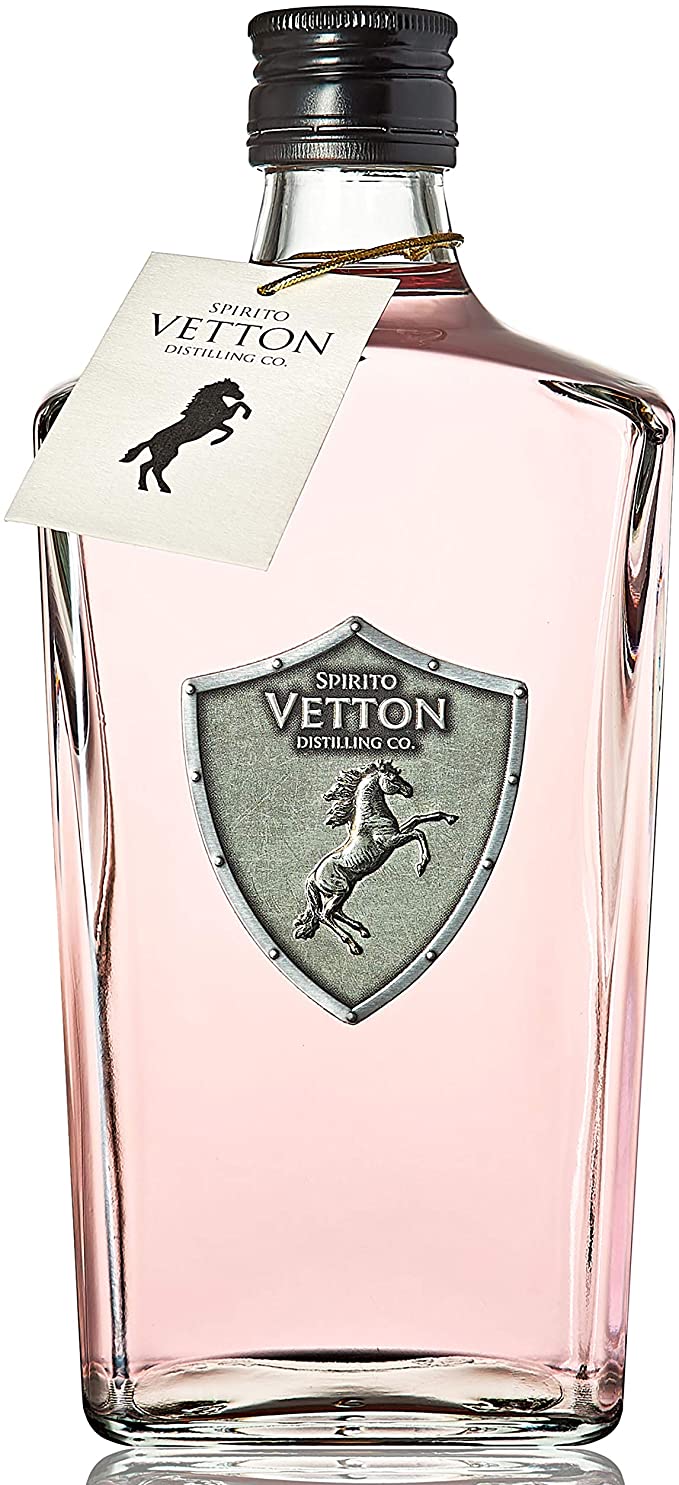
The north stands out thanks to the fact that the Galician brand Vánagandr London Dry Gin was the winner of the Genever category. In this same category, the Sloe Dry Gin from Álava took the Silver, Bunker Artesanal from León and Nubla London Dry Gin created in Asturias also won awards.
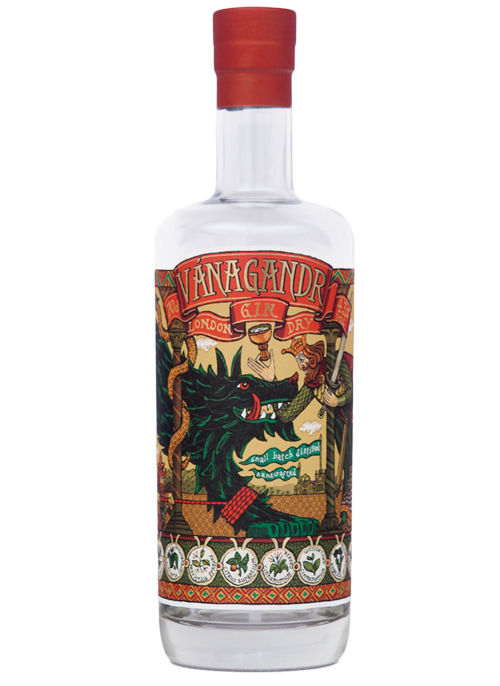
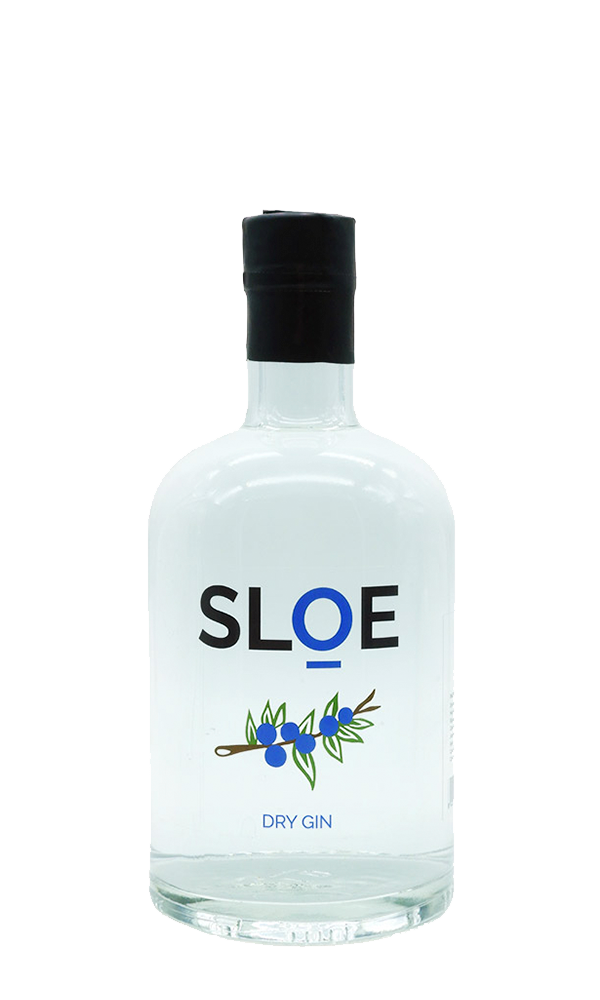
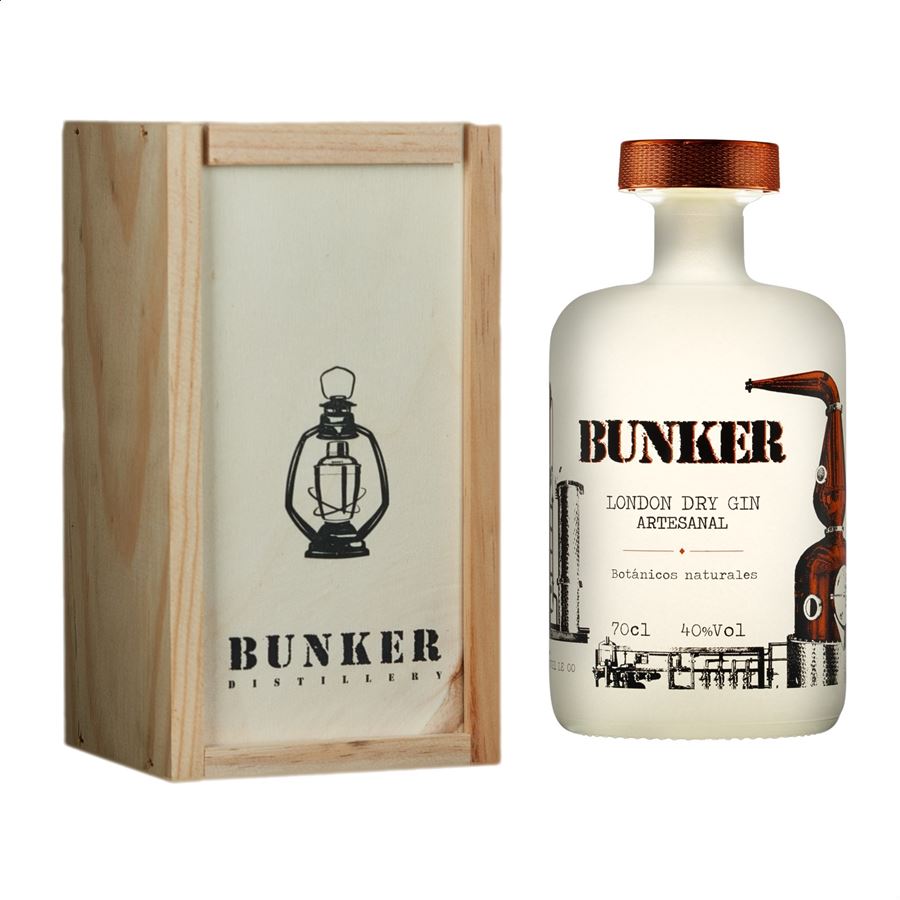
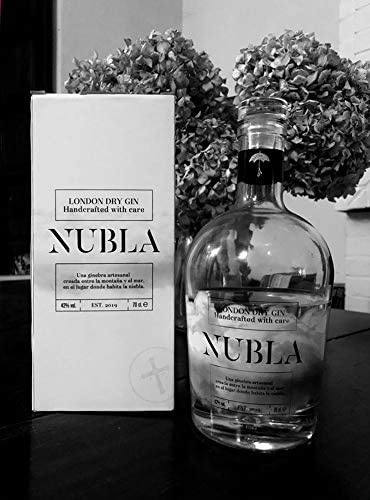
Finally, it is in the south of Spain where we find the last representative for Spain. In the category of matured gins, the one selected by the judges of the contest has chosen the Hayes in Fruit Spiced Barrel Aged Gin produced in Malaga.
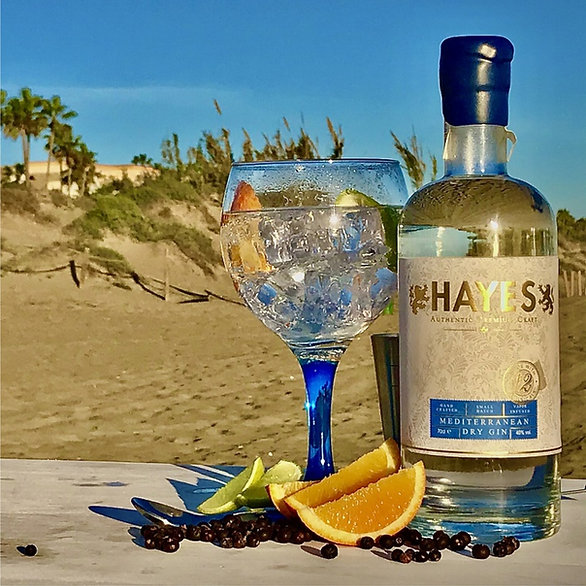
Cheers!